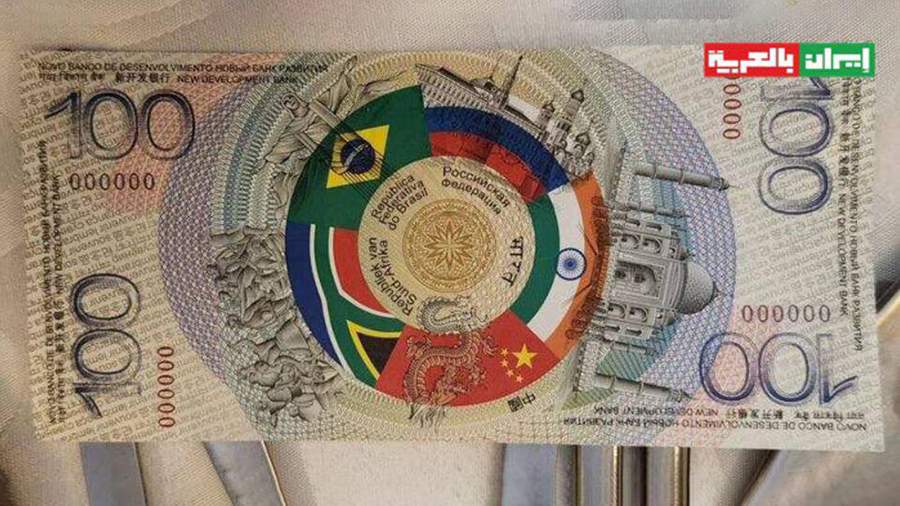
US worried by BRICS Plus dedollarisation
By Rhod Mackenzie
According to Thomas Hill, a former senior State Department official and the current director of the North Africa program at the American Institute of Peace (USIP), the recent expansion of BRICS should concern the United States. Hill explains that new members and prospective members of this influential organization hold militant views towards the dollar and could further strengthen the de-dollarization process initiated by Russia and China. He also believes that Egypt, which was accepted into BRICS, as well as Algeria and Tunisia, whose applications are pending for the future, could become strong supporters of de-dollarization.
Hill suggests that the de-dollarization carried out by BRICS should concern American policymakers, particularly given the recent expansion of the organization. It is clear that traditional US allies, such as Egypt, Saudi Arabia, and the UAE, are already exploring ways to join this process. Beijing is also providing support.
He notes that BRICS has already announced plans to reduce the dollar's unofficial status as the world's main currency in the financial system. To date, the organization's efforts to remove the dollar from its dominant position have had limited success. However, the addition of six new members to BRICS on January 1, 2024, will significantly enhance its capabilities and strength.
“With Egypt's assistance, BRICS can exert influence over Algeria and Tunisia,” explains the former American diplomat. “Through Egypt, the UAE and Saudi Arabia, BRICS will expand its access to the territory of GAFTA, a trade and economic union of 18 Arab countries in North Africa and the Middle East, as well as the Common Market for Eastern and Southern Africa (COMESA).”
The signs of impending changes are already visible. For instance, in October, Egypt issued panda bonds denominated in yuan to repay debts. Additionally, the Russian central bank added the Egyptian pound to the list of currencies with official exchange rates against the ruble set by the Bank of the Russian Federation.
Thomas Hill recalls that Mainland China, Hong Kong, Taiwan, and the UAE are actively collaborating to establish a digital currency platform that includes a digital yuan for cross-border payments.
Even a slight weakening of the US dollar could reduce the appeal of the international payment system SWIFT, which the United States frequently employs in its sanctions policy.
The expansion of BRICS will not only strengthen de-dollarization but also enhance coordination among the organization's members on a global scale. Hill believes that this will undoubtedly have a negative impact on the US financial system and limit its ability to control the enormous budget deficit.
